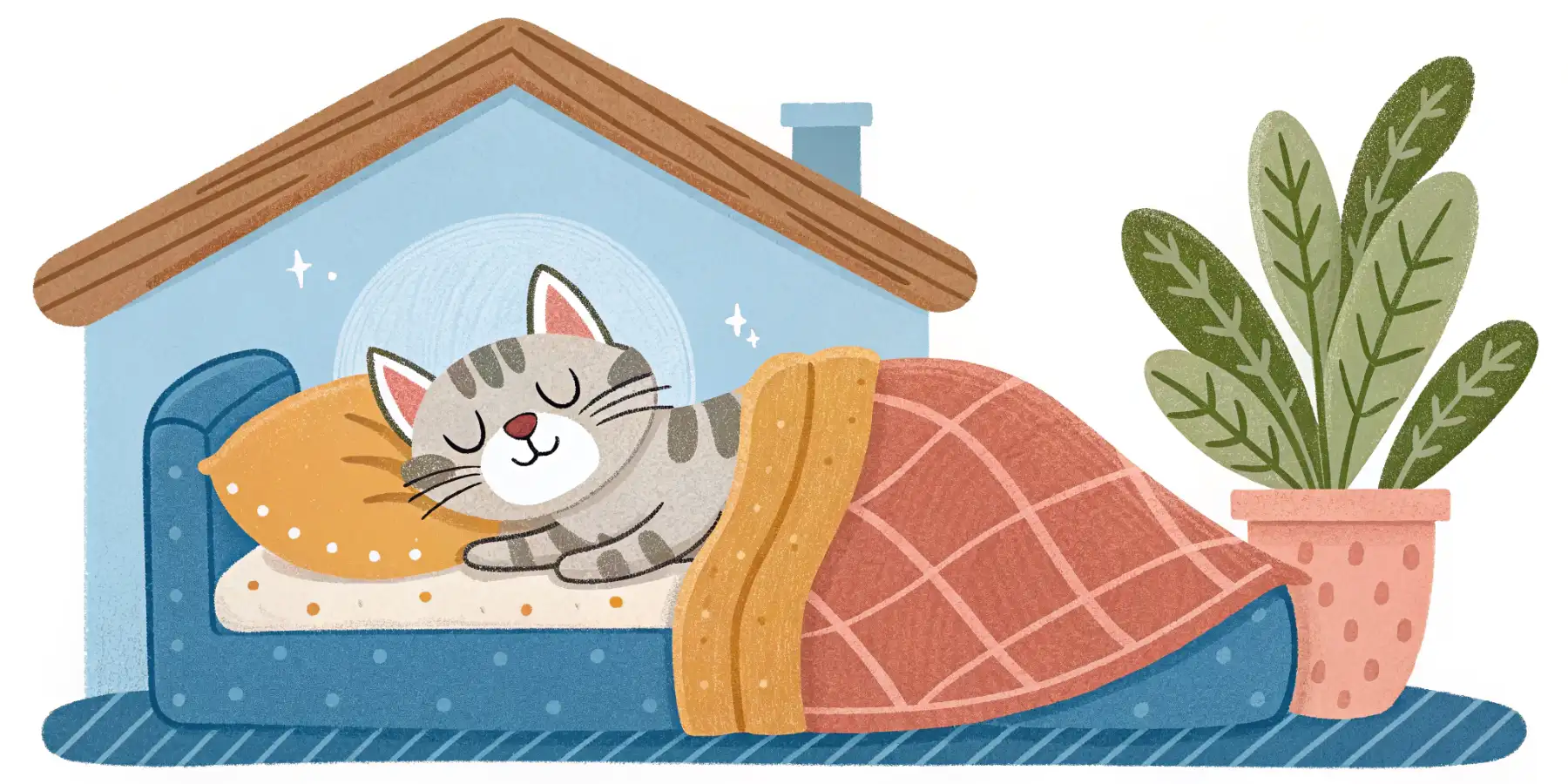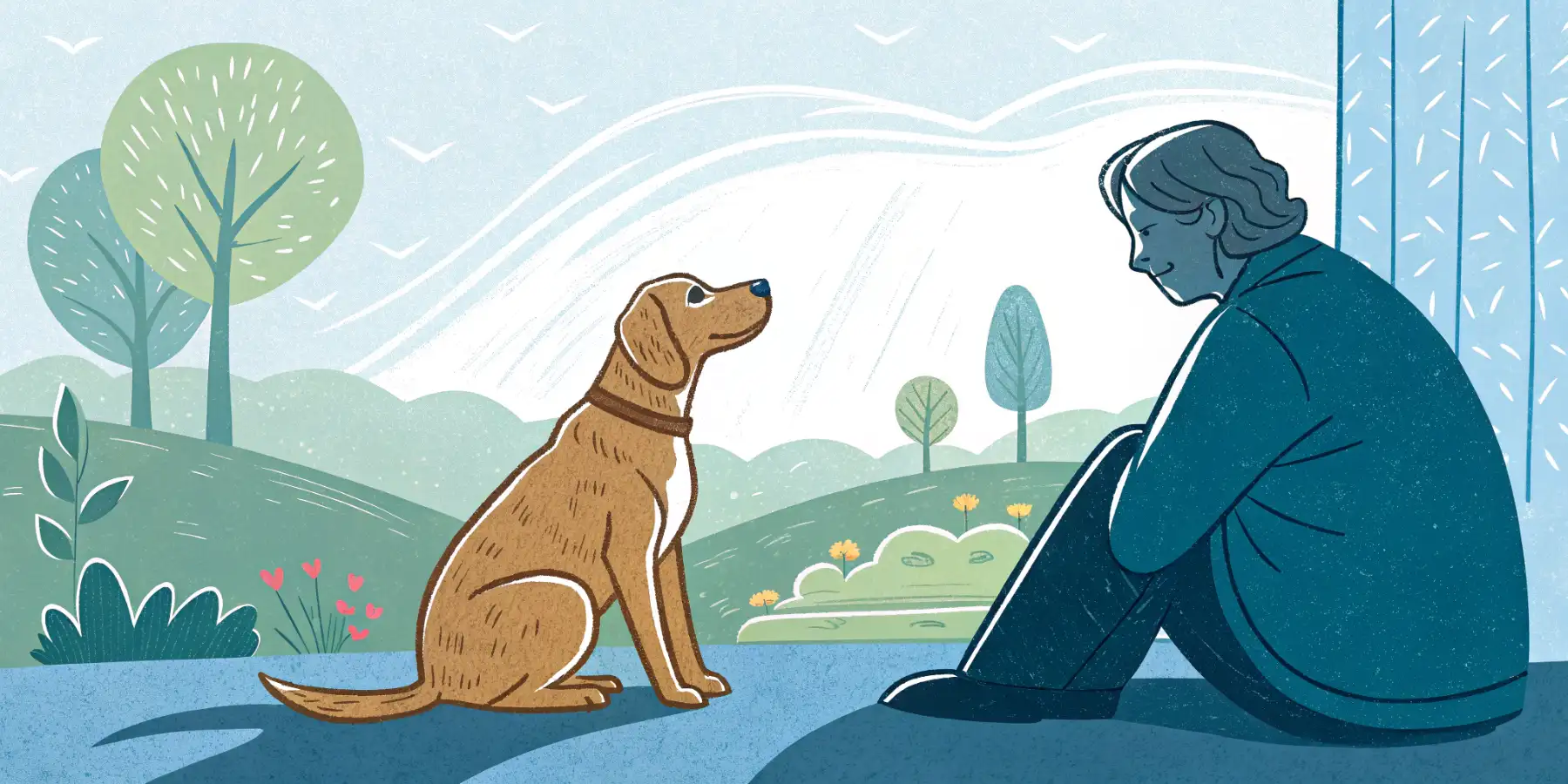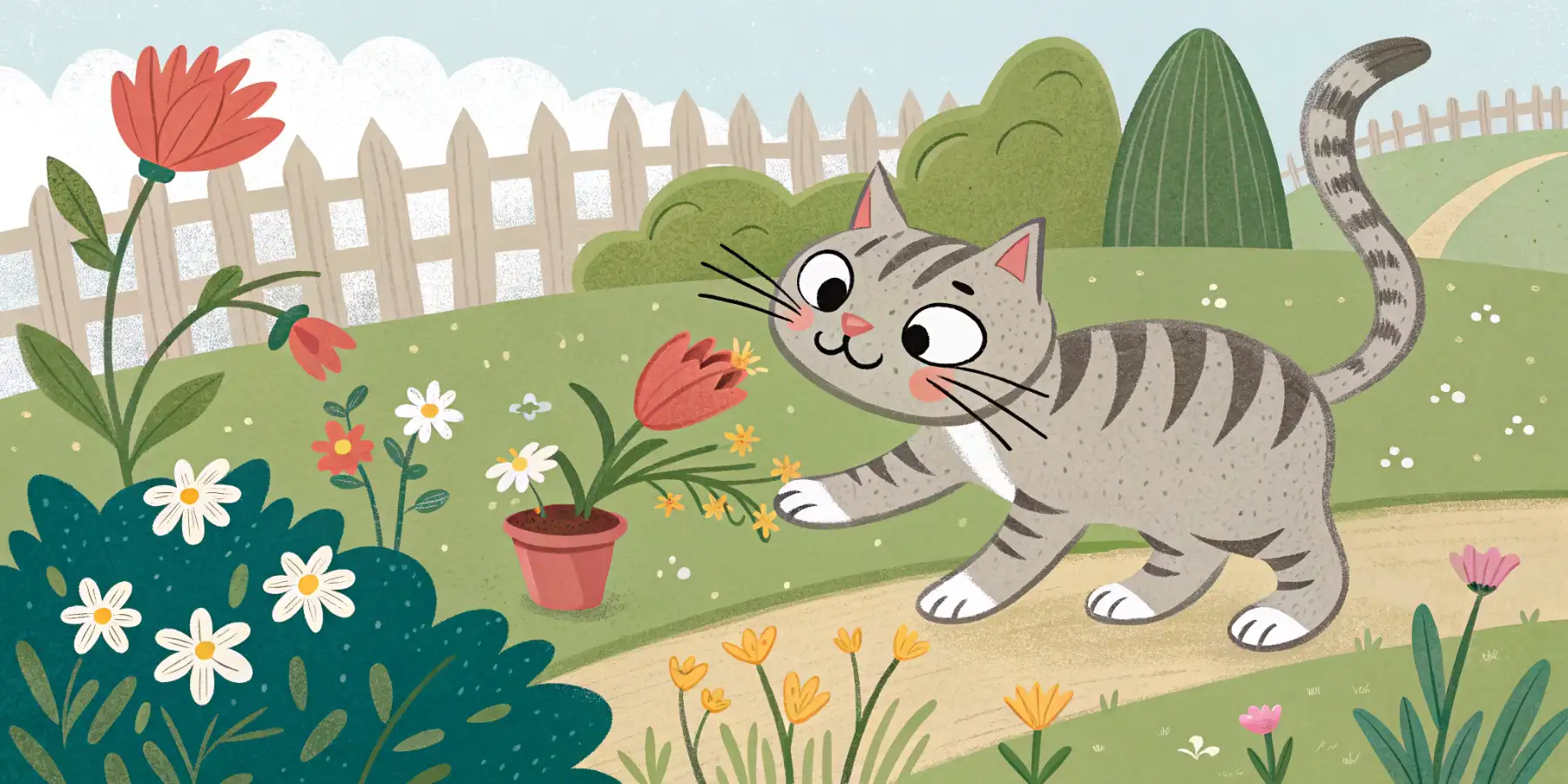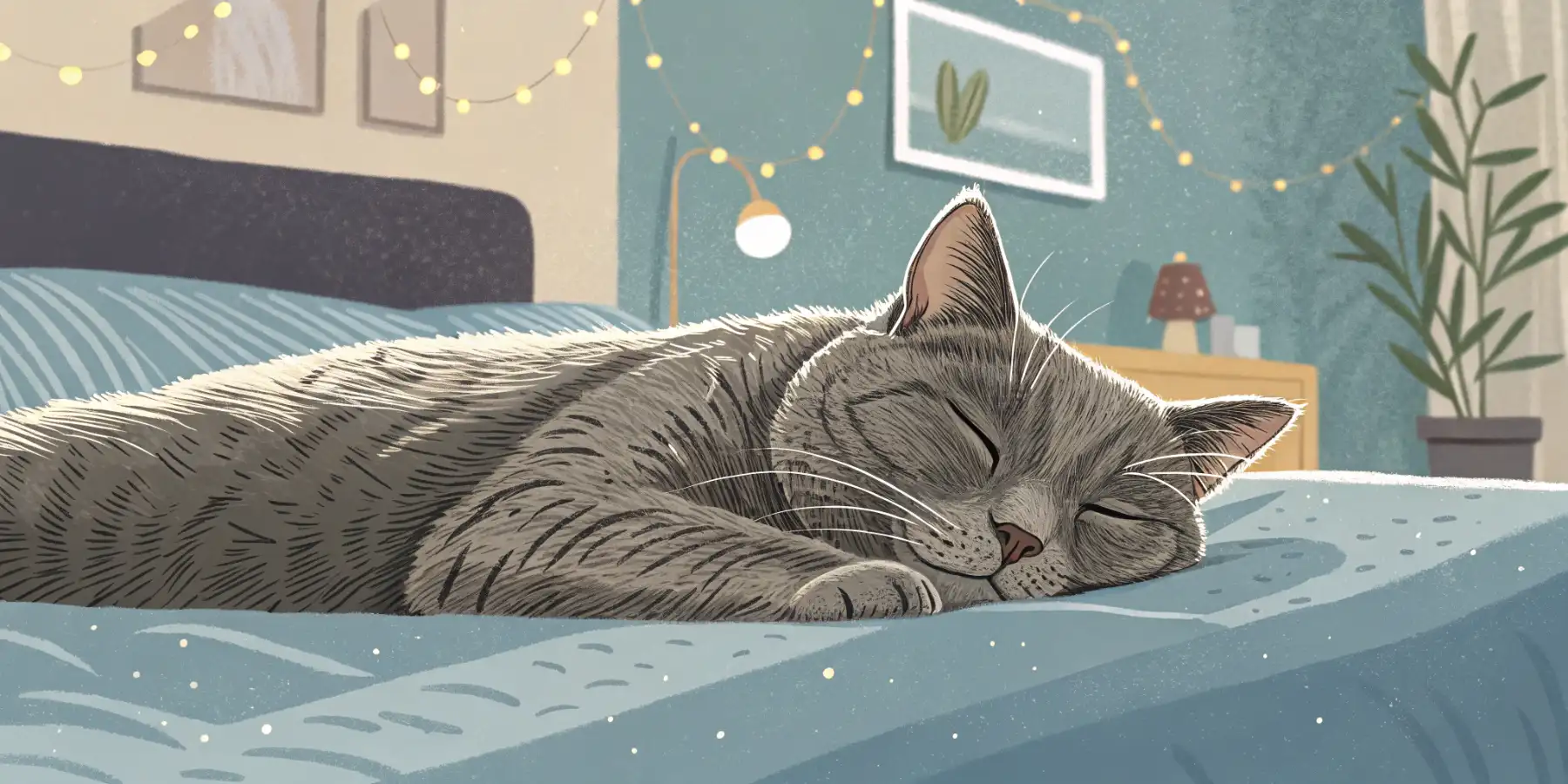
Senior Cat Care: Spotting Subtle Changes
Is your *senior cat* acting different? Learn how to spot subtle changes in behavior & appetite for better *cat care*! Read more.
Monitoring Changes in Your Senior Cat: Appetite, Weight, Behavior, and Litter Box Habits
As our feline companions gracefully age, their needs change, and it becomes even more crucial to pay close attention to their health and well-being. Understanding and monitoring changes in your senior cat is essential for early detection of potential health issues and ensuring they enjoy their golden years to the fullest. As a veterinary professional, I can’t stress enough how important proactive monitoring is, and it all starts with noticing even subtle shifts in their routine.
The Importance of Observation: More Than Just Cuddles
We all love cuddling with our cats, but observation goes beyond that. It’s about actively looking for changes in their daily routines. Many age-related conditions in cats, such as kidney disease, hyperthyroidism, and arthritis, can initially present with subtle signs. Early detection significantly improves treatment outcomes and quality of life. We need to become experts in our cat’s unique normal.
Appetite Changes: A Red Flag
A cat’s appetite can be a very sensitive indicator of their overall health. Any significant change, whether it’s an increase or a decrease, warrants investigation.
-
Loss of Appetite (Anorexia): This is a common sign of many illnesses in older cats. Causes can range from dental problems making it painful to eat to underlying medical conditions like kidney disease or cancer. If your cat is refusing food for more than 24 hours, seek veterinary attention immediately. In my experience, providing several food types with different consistencies may spark their interest, but never force-feed your cat.
-
Increased Appetite (Polyphagia): While it might seem like a good thing, a sudden increase in appetite can also signal problems, particularly hyperthyroidism or diabetes. These conditions can lead to weight loss despite increased food intake.
 Image caption: A senior cat enjoying a meal, highlighting the importance of monitoring their feeding habits for any deviations from their norm.
Image caption: A senior cat enjoying a meal, highlighting the importance of monitoring their feeding habits for any deviations from their norm.
Weight Fluctuations: The Scale Doesn’t Lie
Regularly weighing your senior cat is another valuable tool for monitoring their health.
-
Weight Loss: This is often a more concerning sign than weight gain. It can indicate underlying diseases like kidney disease, hyperthyroidism, diabetes, or even cancer. Palpate your cat’s ribs – if they’re becoming increasingly prominent, it’s a sign of muscle loss.
-
Weight Gain: While less alarming than weight loss, weight gain can put extra stress on your senior cat’s joints and heart, potentially exacerbating conditions like arthritis and heart disease. It’s crucial to adjust their food intake and encourage gentle exercise to maintain a healthy weight. If you’re having trouble managing your cat’s weight, consult with your veterinarian for guidance.
Behavioral Shifts: More Than Just “Grumpy Old Cat” Syndrome
Changes in behavior should never be dismissed as simply “old age.” They can be indicative of underlying health issues.
- Increased Vocalization: Excessive meowing, especially at night, can be a sign of cognitive dysfunction (feline dementia) or pain.
- Decreased Interaction: If your cat is suddenly less interested in playing or interacting with you, it could be a sign of depression, pain, or cognitive decline.
- Changes in Sleeping Habits: Sleeping more or less than usual can indicate underlying health problems. Senior cats may sleep more due to arthritis or other painful conditions, while others might become restless due to cognitive decline.
- Hiding: A cat that suddenly starts hiding may be in pain or feel unwell.
 Image caption: Senior cat looking out the window; monitoring behavioral changes such as hiding, increased vocalization, or changes in interaction can provide valuable insights into their health.
Image caption: Senior cat looking out the window; monitoring behavioral changes such as hiding, increased vocalization, or changes in interaction can provide valuable insights into their health.
Litter Box Habits: A Window into Their Health
Monitoring your senior cat’s litter box habits is essential for detecting problems with their urinary and digestive systems.
- Increased Urination (Polyuria) and Increased Thirst (Polydipsia): These are classic signs of kidney disease, diabetes, and hyperthyroidism.
- Straining to Urinate (Dysuria): This can indicate a urinary tract infection (UTI), bladder stones, or feline lower urinary tract disease (FLUTD). This is always an emergency situation, especially for male cats, as they can become blocked.
- Changes in Stool Consistency: Diarrhea or constipation can indicate digestive problems, food sensitivities, or underlying medical conditions. Constipation can be a common issue in senior cats due to dehydration or reduced mobility. Make sure your cat has easy access to fresh water.
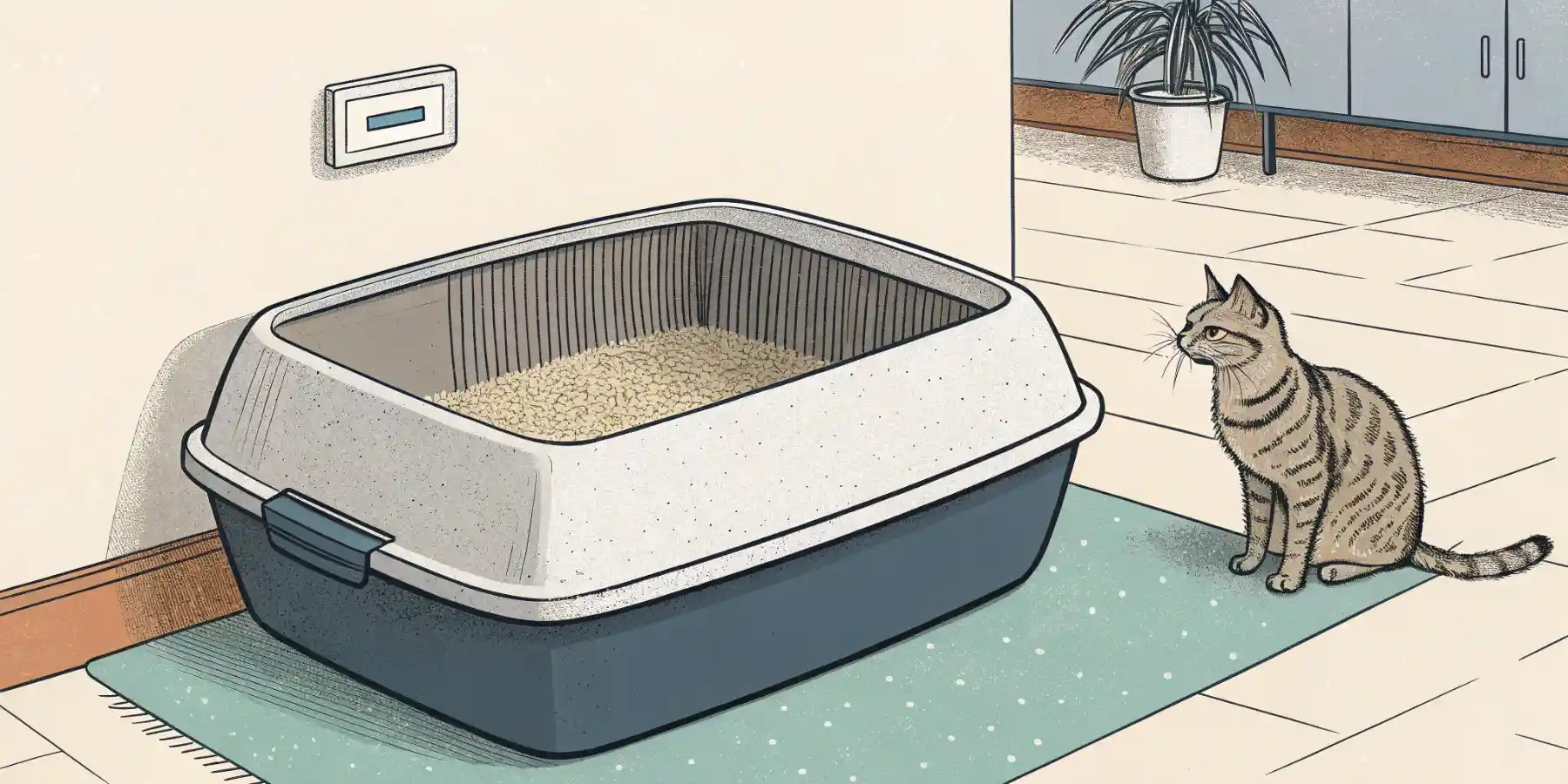 Image caption: An empty litter box, symbolizing the need to observe your senior cat’s litter box habits for signs of illness.
Image caption: An empty litter box, symbolizing the need to observe your senior cat’s litter box habits for signs of illness.
Cognitive Dysfunction: Feline Dementia
Just like humans, cats can experience cognitive decline as they age. Feline cognitive dysfunction syndrome (CDS), often referred to as feline dementia, can manifest in a variety of ways, including:
- Disorientation and confusion
- Changes in sleep-wake cycles
- Increased vocalization
- Loss of litter box habits
- Decreased interaction with family members
While there’s no cure for CDS, certain medications and environmental enrichment can help manage the symptoms and improve your cat’s quality of life.
The Importance of Regular Veterinary Checkups
While careful observation at home is crucial, it’s no substitute for regular veterinary checkups. Senior cats should ideally have veterinary examinations every six months. These checkups allow your veterinarian to detect subtle changes that you might miss and to perform necessary diagnostic tests. Remember that early detection and intervention can make a significant difference in your aging cat’s health and longevity. I believe that a proactive approach to senior cat care is the best way to ensure they live long, healthy, and happy lives.
 Image caption: A veterinarian examining a senior cat, highlighting the importance of regular check-ups for early detection of age-related health issues.
Image caption: A veterinarian examining a senior cat, highlighting the importance of regular check-ups for early detection of age-related health issues.
By closely monitoring your senior cat’s appetite, weight, behavior, and litter box habits, you can play a vital role in ensuring their health and well-being. Remember to consult your veterinarian promptly if you notice any significant changes. With your love and attention, your senior cat can enjoy a comfortable and fulfilling life in their golden years.
